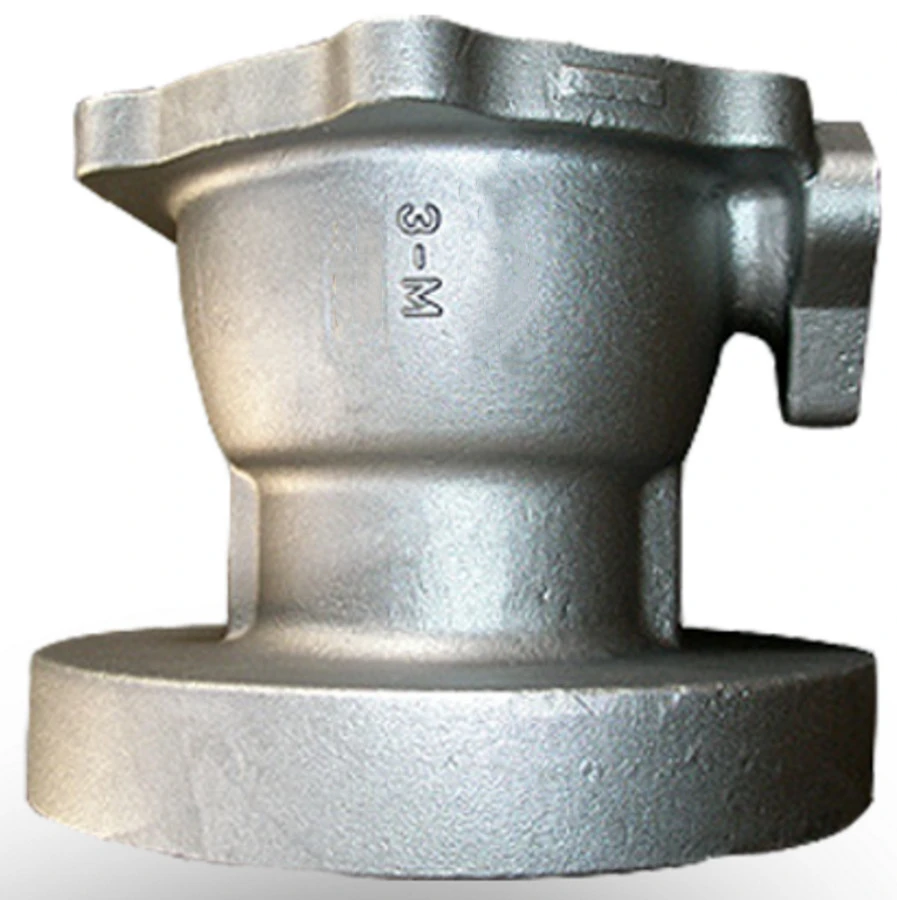Mobile:+86-311-808-126-83
Email:info@ydcastings.com
English
pump motor impeller
Understanding Pump Motor Impellers Key Components in Fluid Dynamics
In industrial and commercial applications, efficiency in fluid transport is pivotal. Central to this efficiency is the pump motor impeller, a crucial component that plays a significant role in moving fluids through a system. Understanding the function, design, and significance of impellers can enhance operational productivity and prolong the life of pumping systems.
The Role of Impellers
An impeller is a rotating component within a pump that transfers energy from the motor to the fluid, creating flow. As the motor drives the impeller, it spins rapidly, inducing centrifugal force that pushes the fluid outward from the center of rotation. This movement generates pressure, allowing the fluid to flow through the pump and into the desired pipeline or application.
The design of the impeller directly affects the pump's performance, including flow rate, efficiency, and energy consumption. Different types of impellers, such as open, closed, or semi-closed designs, cater to various applications and fluid characteristics. An open impeller, for instance, is suitable for handling slurries with solids, while a closed impeller is more effective for clean fluids, providing higher efficiency and performance.
Factors Influencing Impeller Design
Several factors are taken into consideration when designing pump motor impellers. The specific application, fluid properties (like viscosity and temperature), and required flow characteristics dictate the choice of impeller design. For example, a high-viscosity fluid will require an impeller with a specific shape and size to ensure effective fluid movement without excessive energy loss.
pump motor impeller

Other considerations include the materials used in manufacturing the impeller. Impellers are typically made from metals like stainless steel or aluminum, or from specialized plastics for corrosive fluids. The choice of material impacts the durability of the impeller and its ability to withstand harsh operating conditions, such as high pressure or extreme temperatures.
Efficiency and Energy Consumption
The efficiency of a pump motor impeller is critical for reducing operational costs. An efficient impeller minimizes energy losses, which is essential for keeping energy consumption to a minimum. Pump systems are often assessed based on their hydraulic efficiency, which is the ratio of the hydraulic energy output to the mechanical energy input provided by the motor.
To improve efficiency, advancements in impeller design and technology continue to evolve. Computational fluid dynamics (CFD) simulations are increasingly used to test different designs and predict performance before physical prototypes are created. Optimizing the hydrodynamic performance through advanced design ensures that pumps operate at their best, yielding significant cost savings for businesses.
Maintenance and Longevity
Regular maintenance of pump motor impellers is vital for longevity and reliability. Wear and tear from continuous operation can lead to reduced efficiency and eventual failure. It's essential to inspect impellers for signs of erosion, corrosion, or damage regularly, as these issues can drastically affect performance.
In conclusion, the pump motor impeller is a fundamental component in various fluid handling systems, directly influencing operational efficiency, energy consumption, and longevity. Understanding its role and maintaining it properly can enhance productivity in numerous industrial applications, making it an indispensable element of modern engineering and technology. As industries continue to innovate, the importance of effective pump motor impellers will only increase, driving advancements in fluid dynamics and technology.
-
Materials Used in Manufacturing Cap End Pipe FittingsNewsNov.24,2025
-
Material Properties of CF8M CastingNewsNov.24,2025
-
How to Inspect Pump Cap Ends for DamageNewsNov.21,2025
-
Backward Curved Impeller – Efficient Airflow Solutions for Industry | YD CastingsNewsNov.21,2025
-
Automobile Water Pump - Efficient, Quiet, Durable & ElectricNewsNov.21,2025
-
Impeller for Pumps – High-Efficiency, Durable, OEM-ReadyNewsNov.21,2025











